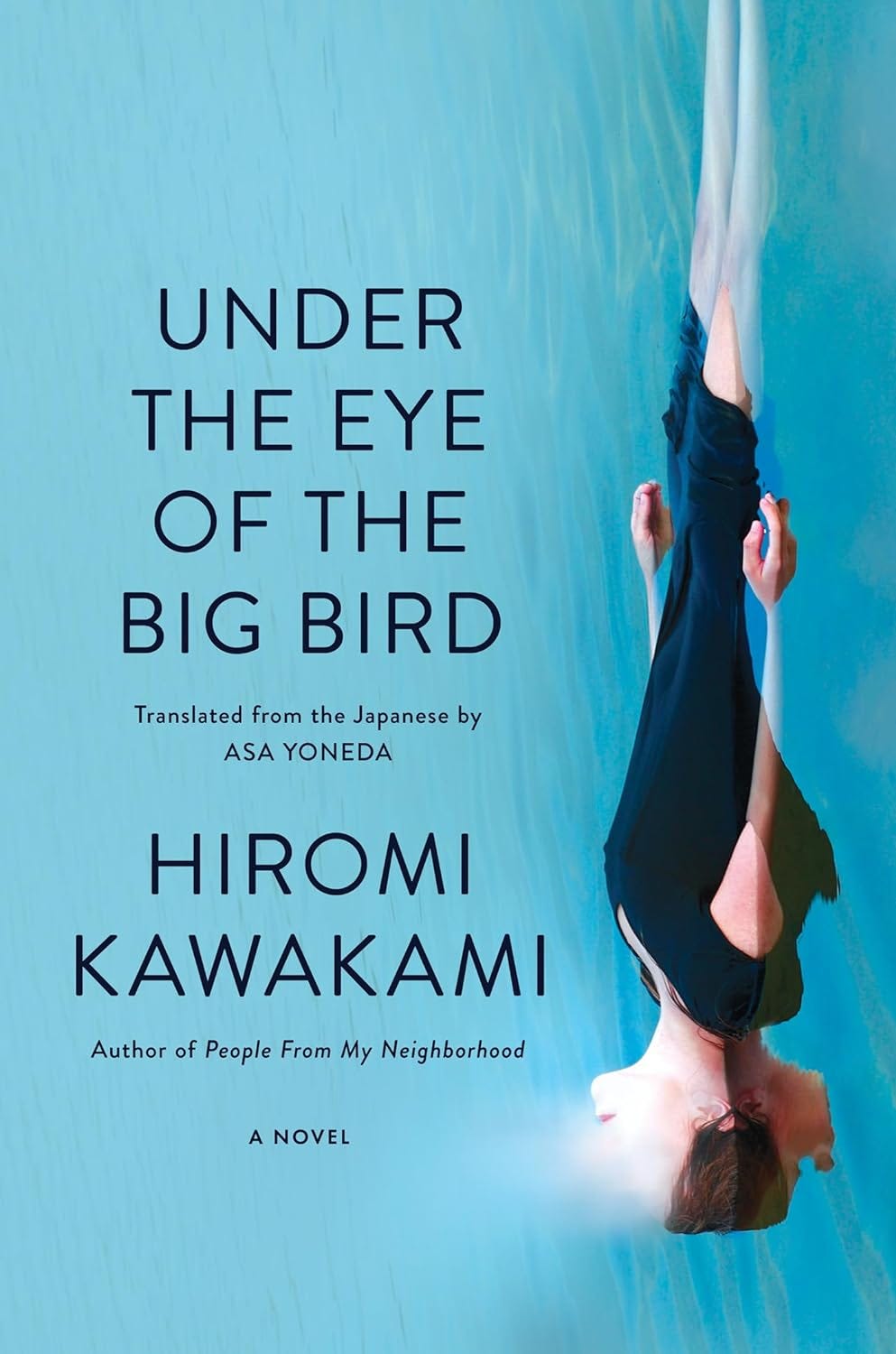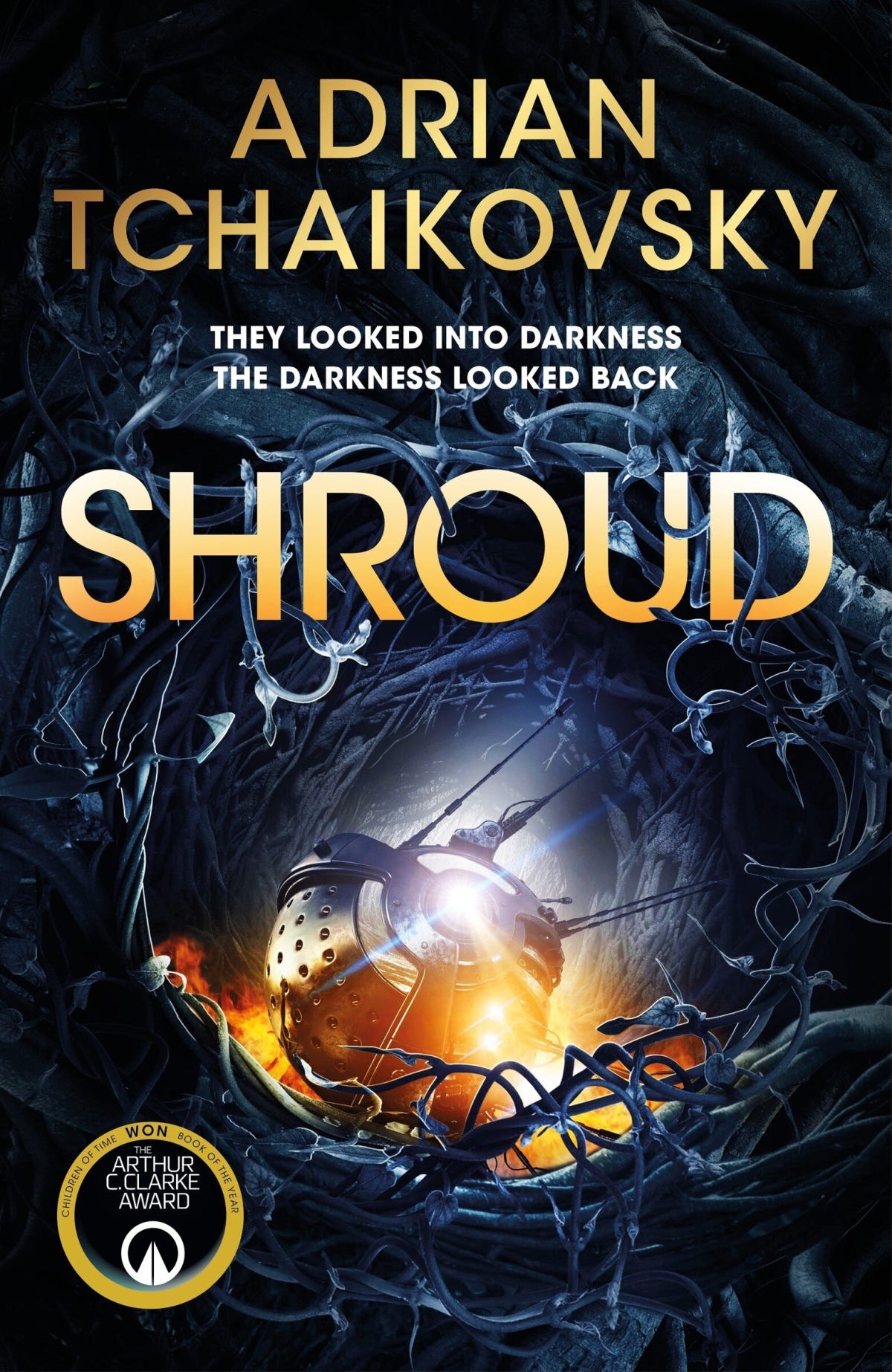Hello everyone, and welcome to another issue of the Words for Worlds newsletter.
What I’m Reading
“Patriotism is, in practice, most often a criminal enterprise,” writes Dubravka Ugresic in A Muzzle for Witches, her final work before her passing in 2023. “Anyone who can convince me otherwise is welcome to try.” Words that I paused over, underlined, and read out over a voice note.
In a series of conversations with the critic Merima Omeragić, Ugresic addresses three interrelated themes that have informed her own life and professional career: nationalism, the dream of an egalitarian language, and the place of women within the literary “canon.” For Ugresic, who was exiled from her native Croatia after the breakup of Yugoslavia in the Balkan Wars, because of her firm anti-war and anti-nationalist stance, “… the lies began to mount as the countries were established.” These lies are, in turn, encoded in language that acquires a “national” character, and in the construction of “national” literatures. And, like Ismail Kadare before her, these are lies that Ugresic is determined to resist.
As with her previous book that I read and loved, The Museum of Unconditional Surrender, A Muzzle for Witches is essentially unclassifiable. Is it a memoir? Is it a work of feminist literary criticism? Is it an accusation? Or a defence (like Museum) of literature? There are elements of all of these, but Muzzle never feels like it has been put together from disparate parts. Rather, these parts are integrated into a totality, a way of seeing, in which the logic that “erased [Ugresic] from Croatian literature” because of her refusal to disavow the Yugoslavia that no longer existed, is the mirror image of the logic that splintered the “dragon” language of Serbo-Croat into its nationalist components: “Croatian, Bosnian, Serbian, and Montenegrin.” And both of these, in turn, reflect and are reflected by the silencing, distortion, and exclusion of women from the language of literary tradition.
In these historical conditions, A Muzzle for Witches seeks a taste of freedom. It finds it in refusal and in denial. It is a freedom that implies “non-belonging, literary dissidence, anti-canonic thinking, oppositional vision, disrespect for imposed literary conventions, genres, narratives, and so forth.” But Ugresic knows only too well that “non-belonging” in the today’s literary industry, which is mediated and subsumed by market imperatives, is a byword for obscurity. So it is not enough for the individual writer to turn their face away, and thus, A Muzzle for Witches ends with a call to liberate literature itself: for literature to become “the literary underground … the blogs, podcasts, online magazines, where literary critics do not insist on seeing themselves as authors, where they write about literature as volunteers, out of appreciation, and least of all to promote their own plaudits as critics.” To survive, then, literature “must move into a zone of invisibility and go underground.”
The literary underground that involves “moving freely from tradition to tradition” without the obligation to belong is reminiscent of Colm Toibin’s dream of a “language, which is free and untouched by occupation.” One wonders if this is ever truly possible in a subsumed world, but - with Italo Calvino - Ugresic tells us that “literature has no choice but to raise the stakes.” So it is perhaps fitting that the book ends with an invocation of Ray Bradbury’s Fahrenheit 451, the ageless classic about the burning of books, and the survival of words in the breath that passes between people. “Do I believe that in the very rhythm of inhaling and exhaling lies the meaning of literature?” Ugresic asks. “Is any other meaning necessary?” A Muzzle for Witches is testament to how, in a world in which they not only burn books but also burn people, literature will always have meaning.
In the last newsletter, I wrote of the Ethiopian novel Oromay. I followed that up by reading Ethiopia in Theory by Elleni Centime Zeleke. Zeleke, who tragically passed last year, left us with this brilliant account of the ways in which the Ethiopian student movement (both within Ethiopia and abroad) created, articulated, and debated ideas about revolution, state, and society that eventually leapt out of the pages of student magazines, and into the actual revolution that overthrew Emperor Haile Selassie (before that revolution congealed into the Derg regime and the one-party State).
Ethiopia in Theory is fascinating because the first section of the book is a granular work of intellectual history, sifting through concepts and their historical mutations, both before and during the course of the revolution, and indeed, their echoes into the present, up until the 2005 Ethiopian election. In the second part - titled ‘Theory as Memoir’ - Zeleke then shifts tack and zooms out, examining this history from the perspective of a range of Marxian theorists, such as Lukacs and Jairus Banaji, to reflect back both on the nature of the revolution, as well as the role of social science within it. This is an intellectually audacious shift in register, and indeed, to those not well-versed in the minutae of the “transition debates,” a part of it will be unintelligible; but nonetheless, Zeleke’s writing is accessible enough that most of this part of the book is intelligible, and casts a fresh light upon the revolutionary student movement.
The history of the Ethiopian student movement - as told in novels and in non-fiction - might be something of a niche obsession of mine (although I maintain that it is one of the most fascinating events of the 20th century), but I’d nonetheless recommend Ethiopia in Theory as a brilliant account of how a group of students set out to change the world through ideas, and - for once in history - actually did so, even if the change they dreamt of would soon be distorted under the boot of military power.
In May, the Delhi Science Fiction Reading Circle read Hiromi Kawakami’s Under the Eye of the Big Bird - one of two speculative fiction novels that are on this year’s International Booker Prize shortlist. Previously in this newsletter, I’ve recommended Kawakami’s The Third Love - a book that I will maintain until my dying breath is also SF, even though it’s not marketed as such - which I adored. For Under the Eye of the Big Bird, however, I had a more mixed response (as did the Reading Circle): primarily, in its dystopian, post-apocalyptic setting, as well as its form, Under the Eye of the Big Bird seemed to be replicating a lot of what had already been done in the genre before (Le Guin’s Five Ways to Forgiveness was cited as an example). There were also moments where the reader was dropped into the story in media res, and left to work out some pretty crucial stuff for themselves.
I find myself more indulgent about both these issues: after all, Under the Eye of the Big Bird was originally written in Japanese, for Japanese readers, so it hardly seems fair to judge it on the touchstone of originality within the English-language science fiction canon. It’s not, for example, Kazio Ishiguro trying to reinvent the six decades of the robot novel in Klara and the Sun while clearly having read nothing of what came before. And as far as in media res goes, perhaps it’s just a function of having read enough contemporary Japanese novels to have become used to the distinctive, slice-of-life style that one often comes across there. But with that noted, I will say that Under the Eye of the Big Bird is not always an easy read; while in its best moments it reminded me a little bit of Anton Hur’s wonderfully lyrical Toward Eternity, there were others which were undoubtedly a drag to get through. So, go into this with your eyes open.
You can find a longer review of this novel at Strange Horizons.
Adrian Tchaikovsky is clearly having a lot of fun with first contact with weird alien species these days. First, there was Alien Clay, with its symbionts taken to the extreme. And now there’s Shroud, a moon whose atmosphere is deadly for human beings, and whose residents have an inexpressible biology and physiognomy where there actions are neither good nor evil, but simply untranslatable. I’ve always felt that that is what true first contact would be - and also why it’s darn difficult to write.
In Shroud, Tchaikovsky does “cheat” a bit through interludes that reveal the thought process of the alien intelligence, which, of course, inevitably anthropomorphises it just that much. On the other hand, without it, the book itself would be unintelligible, and that might not work except for the most avant garde of readers. Even with these interludes, however, Shroud is a book that demands careful attention and focus from its readers, because it stretches language to the limit to describe the alien. So, while I’d recommend a book like Children of Time to someone looking to enter the genre, Shroud is definitely not a gateway drug. You read it after a degree of familiarity with the genre, and with Tchaikovsky himself; but once there, Shroud more than repays the effort.
What’s Happening at Strange Horizons
Try our recent podcast interview with the well-regard SF writer, Naomi Kritzer, here.
The Indian Scene
Nothing this fortnight; but as this newsletter has seen an influx of new followers the past fortnight, I’ll use this opportunity to plug The Sentence, which you can get here.
Recommendations Corner
Since Le Guin’s Five Ways to Forgiveness has been mentioned above, I thought it a good time to recommend this not-read-often-enough gem. Five Ways to Forgiveness occupies that strange position of being a lesser-known work by a canonical writer, with the effect that when people are looking to acquaint themselves with Le Guin’s science fiction, they will invariably pick The Dispossessed, The Left Hand of Darkness, or at a stretch, The Word for World is Forest. Five Ways to Forgiveness, however, more than holds its own with its more famous compatriots; it’s a mosaic novel of sorts, part of the Hainish cycle, and the way each successive story unspools and flowers from the previous ones is a work of art. So read this not to complete your Le Guin checklist, but read it for itself.






Noted the Le Guin recommendation :)
"But Ugresic knows only too well that “non-belonging” in the today’s literary industry, which is mediated and subsumed by market imperatives, is a byword for obscurity" bruhhh